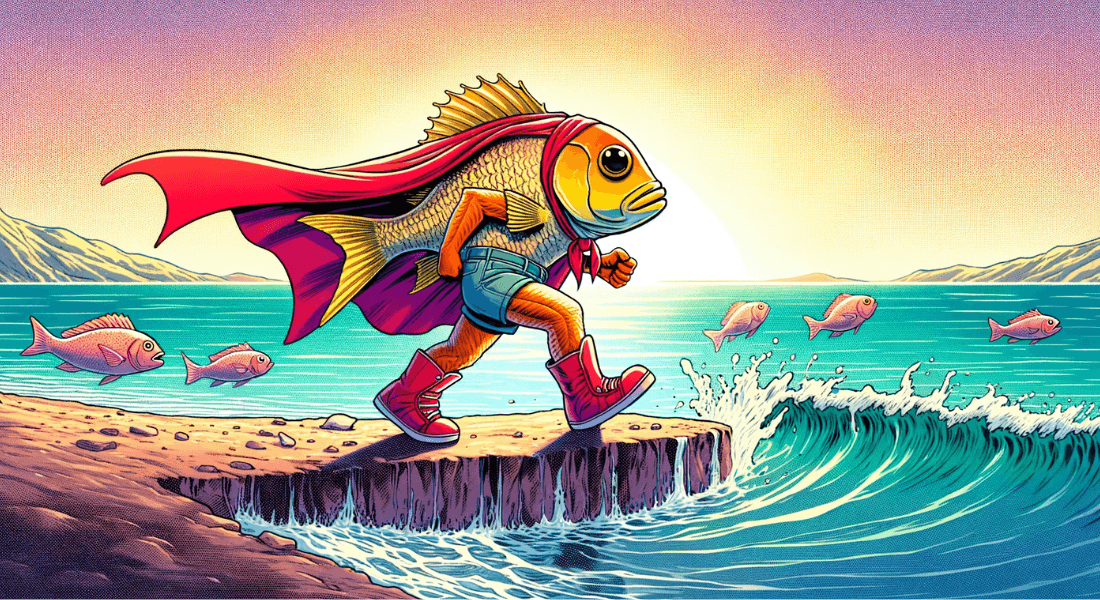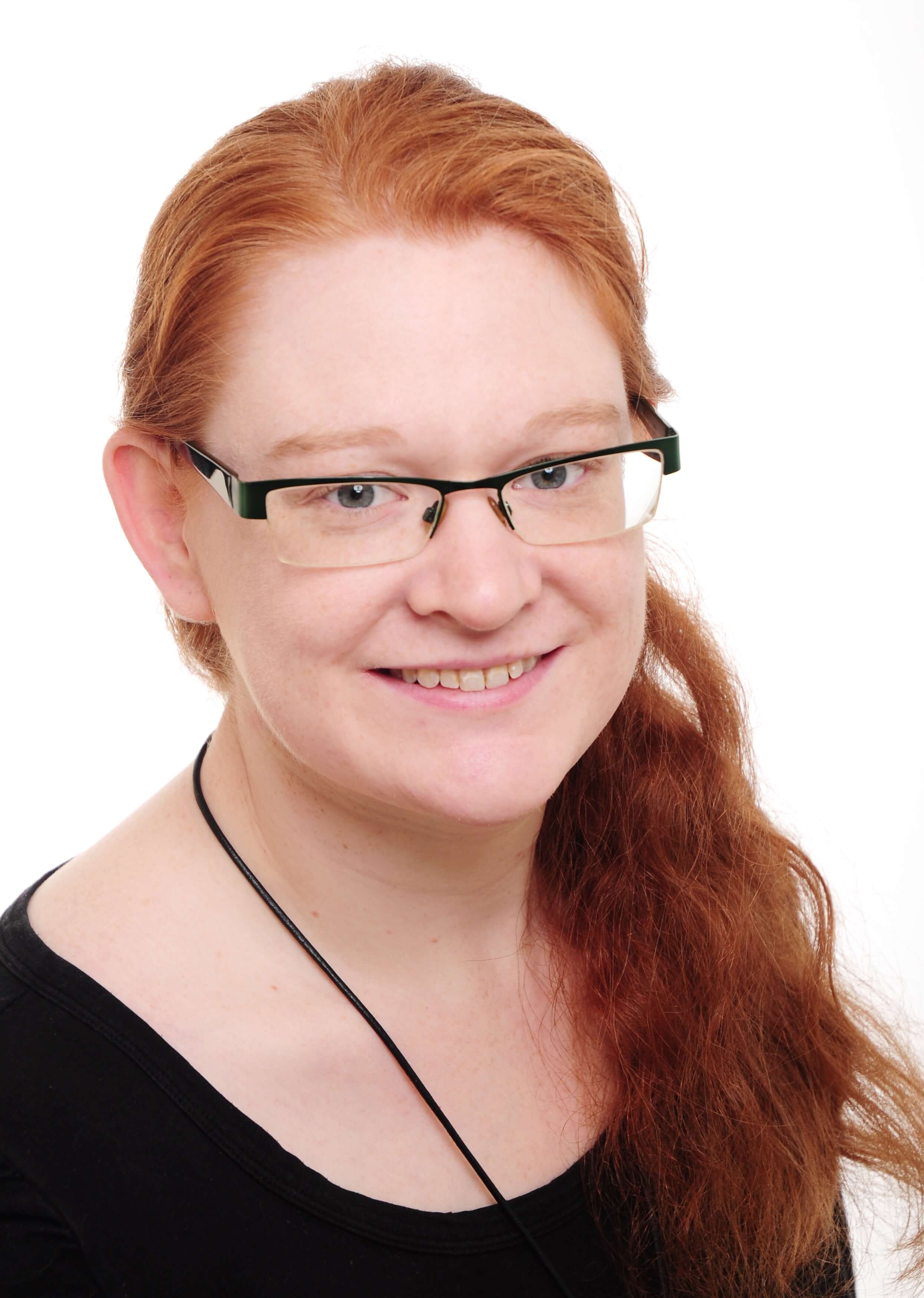New Assistant Professor: Evolution is plagued by misconceptions
The broad understanding of evolution is characterized by particularly persistent and deeply ingrained misconceptions. The process of evolution goes against our inherent biases, says Assistant Professor Daniela Fiedler.

Evolution serves as the framework that ties together the science of biology. However, despite its central role in scientific understanding, evolution is marked by many enduring misconceptions that are challenging to dispel.
"Evolution contradicts some of the inherent biases we use to understand the world around us," said Daniela Fiedler, new assistant professor at the Department of Science Education.

"We have an ingrained idea that everything has a purpose and a plan. But there is no purpose to evolution; it just happens. This makes it difficult to comprehend."
The enormously complex biological processes involved in evolution certainly don't make it any easier. But even among experts, there is a tendency to communicate science in a way that easily feeds into mistaken understandings, said Daniela Fiedler.
"We often want to condense the process into a short sentence, and then it's inevitable that much is left out. Sometimes we are tempted to use language that is very active, making it sound like organisms make a choice to evolve. But that's not what actually happens."
Choosing to go on land
In 2018, Daniela Fiedler completed her Ph.D., which showed, among other things, how particularly abstract concepts related to randomness and probability pose problems for students and teachers. Since then, her research has focused on the teaching, learning, and communication of evolution. For example in the form of children's books.
"I mentored a Phd-student who examined how the books approached it, particularly whether they encompassed three principles: variation, inheritance of that variation, and selection. That's how evolution generally works. Some books cover all three principles, but there are also many children's books where the main character actively makes a choice, for example, to go on land," said Daniela Fiedler.
"It's clear that these misconceptions need to be corrected later on, and it's really difficult because these misunderstandings are deeply ingrained in us. It's hard for us to break free from them, but if we can think slowly about it—rather than relying on our intuition—we might be able to talk about it more accurately."
You can't leave your beliefs at the door
While misunderstandings about evolution can be found everywhere, they are particularly prevalent in religious circles. This is not only a challenge in certain American states but also in secular countries like Denmark and Germany, Daniela Fiedler's home country.
"Most challenges in communicating evolution are still connected to religion. We can't deny that. It will always be a personal, individual thing, and you can't ask people to leave their beliefs at the door," said Daniela Fiedler.
There is no purpose to evolution; it just happens. This makes it difficult to comprehend.
As an educator or communicator, one should be aware of the ideas prevailing in certain groups. In Denmark, for example, where there are dedicated subjects related to religion, it's easier to keep theological discussions separate from scientific subjects, said Daniela Fiedler.
"There are many who are deeply religious and still believe in evolution as we understand it today. For me personally, it doesn't matter if someone believes God invented evolution. They still need to be able to explain how the processes work scientifically. That's my task as an educator."
